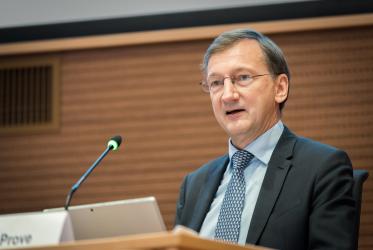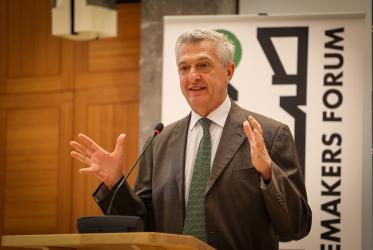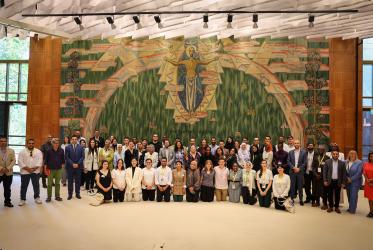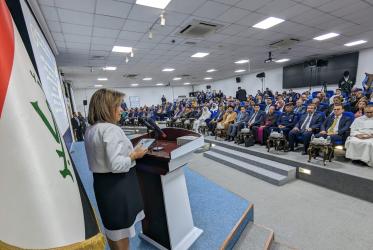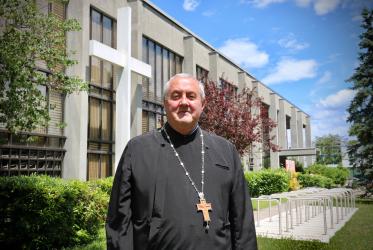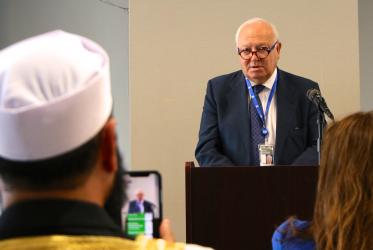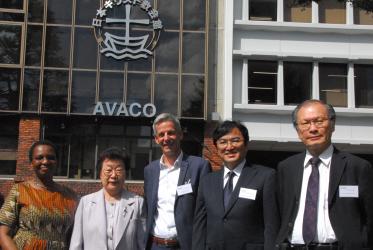Displaying 1 - 20 of 151
WCC honored with Bridge Builder Award 2021
02 July 2021
South Sudan Church leaders welcome new cabinet
15 March 2020
Freedom of religion rooted in justice
06 March 2020
Dialogue explores role of religions in settling conflicts
21 November 2019
Worshipping safely: UN, faith communities unite to prevent violence
20 September 2019
In Japan, theologians reflect on today’s global manifestations of racism
18 September 2019
